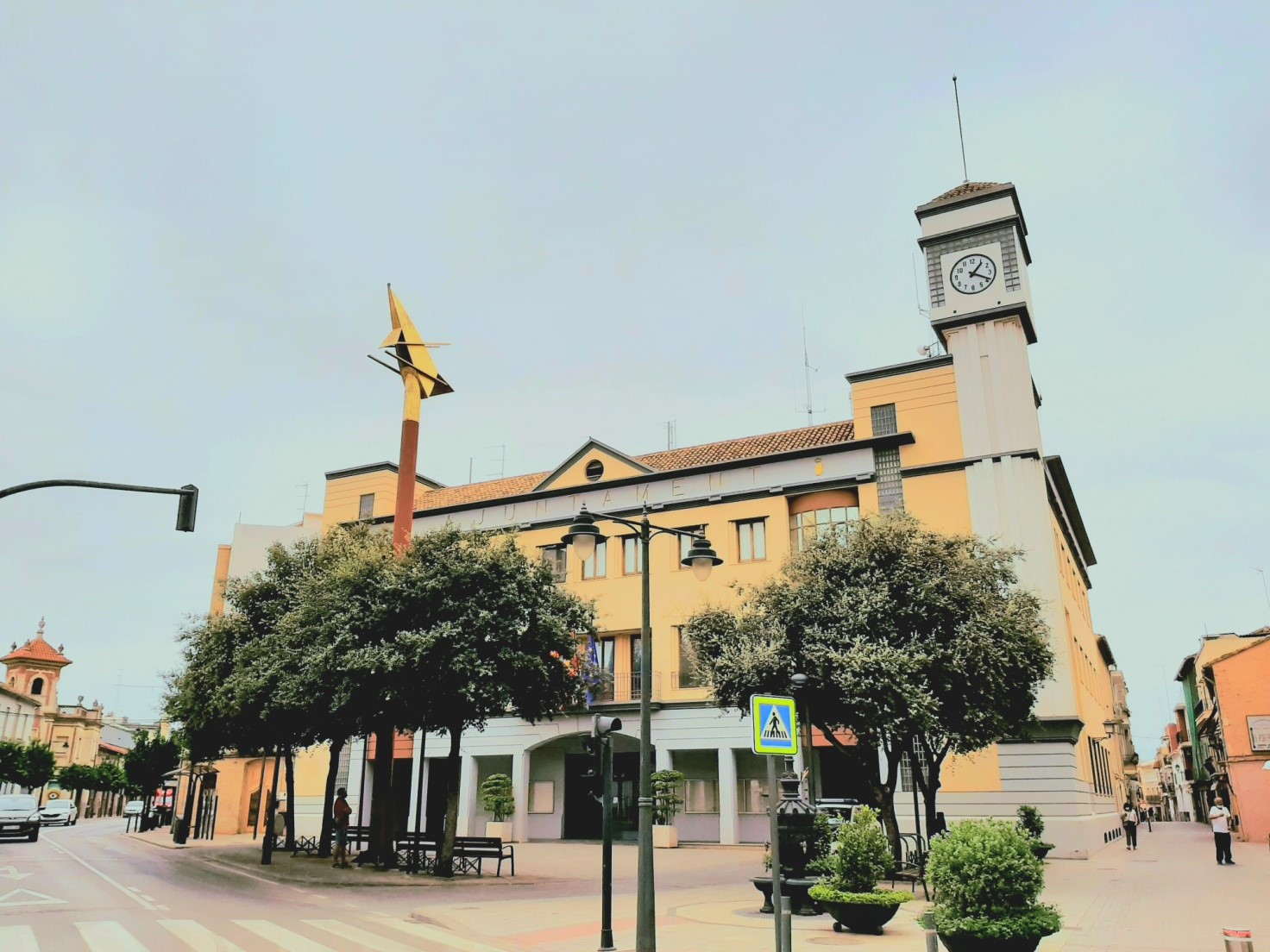Quart de Poblet is strategically positioned within the metropolitan area of Valencia, capitalizing on its proximity to the Mediterranean Sea and the vibrant city life. The municipality’s landscape includes a mix of urbanized areas, residential neighborhoods, and green spaces. It benefits from modern infrastructure, transportation networks, and access to Valencia’s economic opportunities. The town’s architectural heritage showcases a blend of historical and contemporary influences, reflecting its evolution over time. In recent decades, Quart de Poblet has experienced urbanization and population growth due to its appeal as a suburban living destination close to Valencia. The socio-economic fabric is diverse, with a mix of local residents and immigrants contributing to the town’s cultural richness. Traditional industries like agriculture have given way to a more service-oriented economy, with commerce, retail, and local businesses playing a significant role.
Cities2030 partner organizations participating in Quart de Poblet CRFS Lab
As part of the Cities2030 initiative, Quart de Poblet (QUAR, P18) is represented by two more project partners. Their partnership is founded on a mutual recognition that both entities bring their respective resources and expertise to ensure the project’s effective execution.
The Universidad Politécnica de Madrid (UPM, P20) is the oldest and largest Spanish technical university, with more than 4.000 faculty members, around 38.000 undergraduate students and 6.000 postgraduates. UPM’s 21 Schools cover most of engineering disciplines, including Aeronautical, Agronomical, Chemical, Civil, Electrical, Electronic, Forestry, Industrial, Mechanical, Mining, Nuclear, and Naval Engineering, as well as Architecture, Computer Science and Geodesy & Cartography UPM drives the technological development in Spain and plays an important role in European research and academic activities. Most of the international R&D activities performed by IT Spanish companies have been seed by UPM. For more information about UPM, please visit: www.upm.es
SocialInnoLabs Foundation (SINNO, P19) is a non-profit organization whose activity is mainly focused on Promoting research, innovation, technology transfer, Supporting innovation policies, environmental, social cohesion, promoting transparency and citizen participation in associations and government agencies, and other. The network of collaborators of the Foundation is held on a large number of experts in different technological and social disciplines that individually are part of the Social Spaces of Innovation deployed in Spain. For more information about SINNO, please visit: www.socialinnolabs.org/en/

